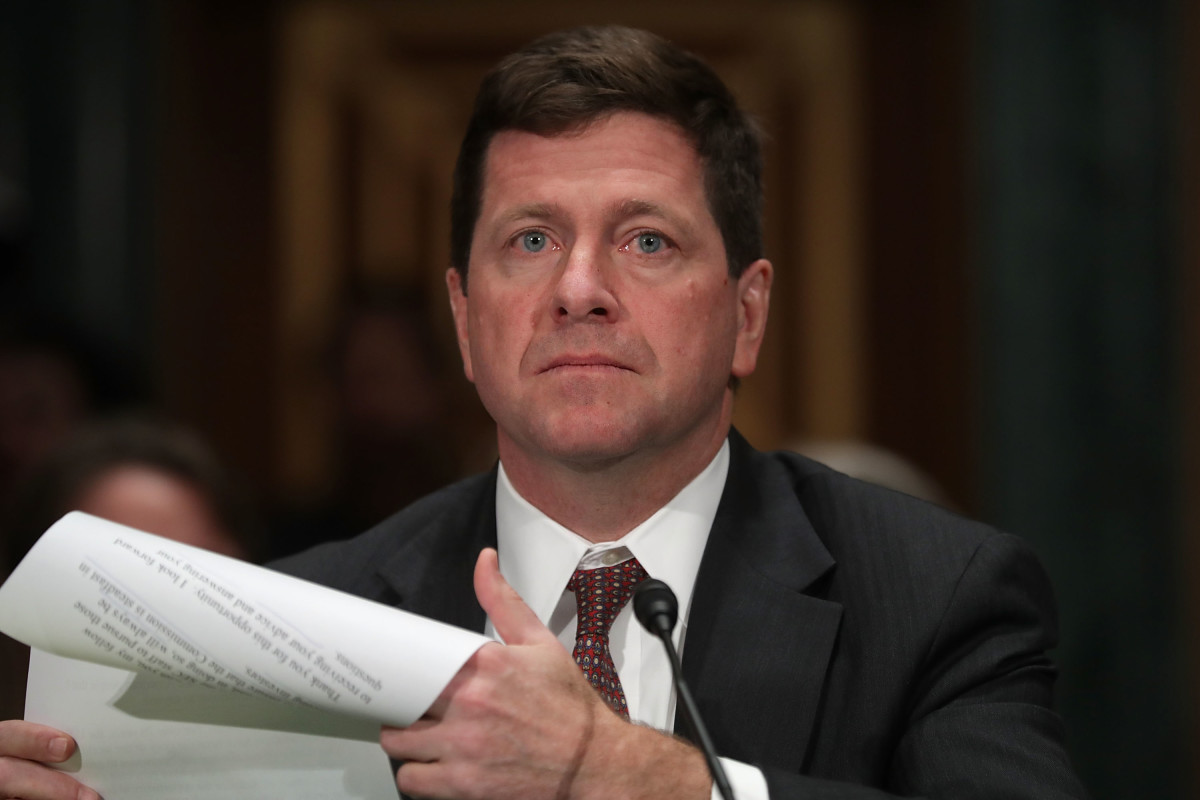We told you this was bound to happen. Way back in September of 2019, when former Biglaw firm LeClairRyan’s process of dissolution turned to Chapter 11 bankruptcy after reports the firm was having issues paying monies owed, we noted that bumps in the road were likely. And that’s what has happened.
Earlier this week, a lawsuit was filed by a trustee for the now defunct firm, Lynn Tavenner, against UnitedLex and ULX Partners. UnitedLex, an alternative legal service provider, and LeClairRyan teamed up in 2019 to create ULX Partners which they claimed was “law firm 2.0” aimed at providing nonlegal operations for law firms. However, that partnership was unable to change the downward spiral, and, indeed, the lawsuit claims the venture “only served to plunge LeClairRyan further into insolvency.”
As reported by Bloomberg Law, the complaint alleges they misused funds:
But, according to the complaint, UnitedLex and ULX Partners, along with LeClairRyan officers and directors, “prioritized their own desires for financial gain and prolonged the Debtor’s lifespan, enabling the Defendants and others to improperly and unfairly extract millions of dollars from the Estate, to the detriment of LeClairRyan’s creditors.”
The trustee claims that ULX Partners has insider status in the bankruptcy proceedings due to its heavy ownership share in the joint venture, amounting to 99%, as well as the joint venture’s control over many essential functions at LeClairRyan, including marketing, accounting, conflict management, and business development.
The complaint alleges damages of no less than ~$42.8 million, saying they delayed the wind down process and also alleging damages from the liquidation of the retirement plan, the conversion from a professional corporation to a professional limited liability corporation (as part of the joint venture), and an increase in trade payables and accounts receivable. It further alleges more than $1 million in damages based on ULX’s “misappropriation of funds tendered by clients for specific expenses, which were used by the ULX Entities for improper purposes.”
The complaint also says there were legal maneuvers designed to elevate ULX’s claims in LeClairRyan’s bankruptcy:
Last September as LeClairRyan filed for bankruptcy, Bloomberg Law reported the firm had entered into an outstanding deferred loan promissory note by which it agreed to pay ULX Partners $8 million for outstanding fees owed under the joint venture agreement. As of the firm’s bankruptcy filing, that loan had not been paid back.
However, according to the complaint, ULX Entities sought to elevate ULX Partners’ priority over other unsecured creditors through the promissory note, which they claim was “an equity infusion.”
Stacey Yonkus, director of communications at UnitedLex, said this about the complaint:
“We believe the allegations being raised through the bankruptcy of LeClairRyan have no merit. As a major creditor of LeClairRyan, we fully expect the bankruptcy process to fairly resolve this matter. We eagerly await the resolution process and the opportunity to highlight our client commitment.”
We’ll be following along, whatever happens.
 Kathryn Rubino is a Senior Editor at Above the Law, and host of The Jabot podcast. AtL tipsters are the best, so please connect with her. Feel free to email her with any tips, questions, or comments and follow her on Twitter (@Kathryn1).
Kathryn Rubino is a Senior Editor at Above the Law, and host of The Jabot podcast. AtL tipsters are the best, so please connect with her. Feel free to email her with any tips, questions, or comments and follow her on Twitter (@Kathryn1).



 Tyler Broker is a practicing attorney whose work has been published in the Gonzaga Law Review, the Albany Law Review, and the University of Memphis Law Review. Feel free to
Tyler Broker is a practicing attorney whose work has been published in the Gonzaga Law Review, the Albany Law Review, and the University of Memphis Law Review. Feel free to 




 Jordan Rothman is a partner of
Jordan Rothman is a partner of 





